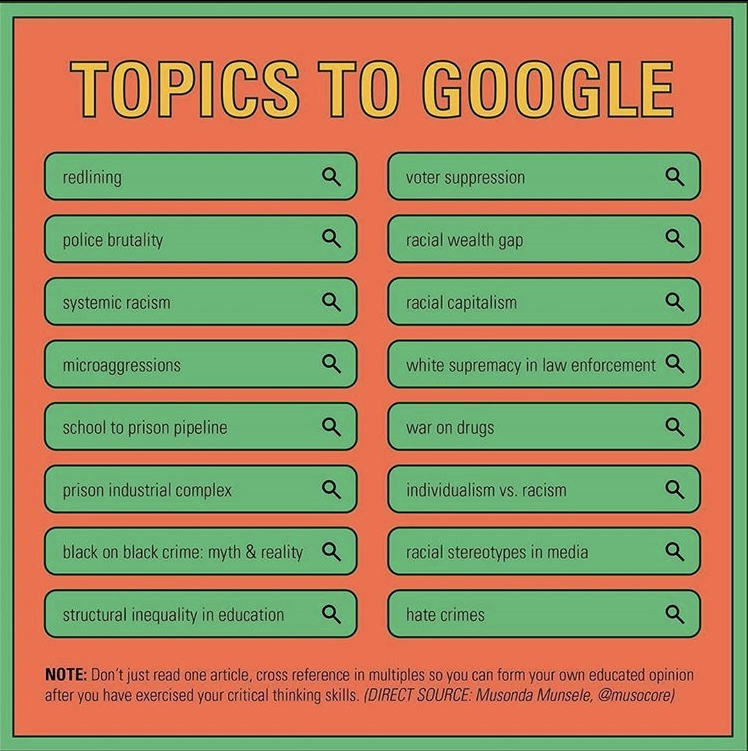This post originally appeared in the November 28, 2019 issue of The Content Technologist with the email subject line "The problem with authority"
In the SEO world we are concerned with Authority. Technically, Authority in and of itself is not believed to be a core ranking signal for the Google algorithm. It is an abstract concept after all! But Authority is a big factor in the Search Quality Evaluator Guidelines document that Google gives to the slew of contractors it uses to corroborate whether its algorithm is working or not. Some ranking signals that indicate authority are:
- The number of links in general to your website
- The number of links from high-quality domains, such as government, academic, or news sources
- Professional accreditation and similar signals, especially in highly complex fields like healthcare, law or finance… but Google acknowledges that even gossip websites have authority
- Frequency and recency of updated information
- Google doesn’t mention “objectivity” (yay), but it does mention that complex information should be treated professionally with a focus on facts
- Awards or memberships or other qualifications
If you are like me, you might read those criteria and think, “Hmmmm, those seem to echo existing structures of authority and professionalism and do not necessarily allow for questioning of existing voices.” You would be correct! Also, like me, you probably have a problem with authority in general, you little punkass.
![Poly Styrene from XRay Spex sings for her audience [gif]](https://www.content-technologist.com/content/images/2020/12/polystyrene.gif)
To determine Google’s assessment of authority, we look at an outside metric created by independent SEO software Moz: Domain Authority. Google does not use Domain Authority to rank content, but the metric seems to echo Google’s assessment of authority and is considered reliable. Domain Authority, in Moz’s definition, predicts whether one website will outrank another. You can view the domain authority for any website with a Moz account and their Chrome plugin. The metric was updated this year and is still a fairly reliable indicator of whether your website has the potential to rank highly.
Every SEO professional’s goal is to improve the authority of their client websites around the topics they want to be known for. Black hat SEO hacks authority by buying links and other spammy tactics; the rest of us study how we can increase our authority through thought leadership or content marketing or other concepts.
Like all search ranking signals, authority is also determined with machine learning. That means that over time, websites that are considered authoritative begin to look very similar to other authoritative websites. The algorithm learns from itself what is authoritative. At some point Google’s algorithm adjusts for authority — the websites that rank highly now are different than those that ranked 20 years ago — but I’d wager that most of the websites at the top of search results in 2019 are very similar to those in 2015. Businesses have figured out how to maintain authority within the algorithm.
Equity: the most sought after abstract concept in all of search
We also talk about equity in SEO: basically, once you start appearing authoritatively in search results, that authority typically does not disappear. Once considered authoritative, you’re always considered authoritative. You have equity. Audiences can find you. You get traffic just by existing. Equity is worth money; it’s why people squat on domain names that are considered valuable. Equity is why websites have any valuation at all.
The only common way to lose equity is to change URLs — literally, move addresses either within or outside your domain. Or, you pare down your content so much that you lose what was good about your website in the first place. Websites lose equity most often when they redesign and haven’t engaged an SEO expert to hold that content in place.
Building and maintaining equity requires resources, but it also requires longevity. Big brands and legacy news organizations have digital equity because they’ve been making websites for a long time. They have SEO pros on staff to ensure that equity is improved.
My question is: At what point to our algorithms cleanse themselves of old authority? The narrative around the American first Thanksgiving — a very friendly, very untrue story of happy settlers sharing a meal with their new neighbors — is actively being revised. How does a giant information source like Google keep up? At what point do we revisit and refresh the algorithm’s idea of authority so it doesn’t simply blindly parrot existing structures of power?
![Cher from Clueless is bummed, saying "Everything I think and everything I do is wrong." [gif]](https://cdn.substack.com/image/fetch/w_1100,c_limit,f_auto,q_auto:good/https%3A%2F%2Fbucketeer-e05bbc84-baa3-437e-9518-adb32be77984.s3.amazonaws.com%2Fpublic%2Fimages%2Fb90323cb-4348-4e0e-ac78-b4b27096972f_500x279.gif)
Today, Google’s second result for “Thanksgiving story” is a Q&A from The Smithsonian from historian David Silverman, whose new book dives into the Thanksgiving story, looks at broader sources, considers the perspectives of Wampanoags — all good things and clear signals of authority to me! Anyway, here’s his explanation:
In 1769, a group of pilgrim descendants who lived in Plymouth felt like their cultural authority was slipping away as New England became less relevant within the colonies and the early republic, and wanted to boost tourism. So, they started to plant the seeds of this idea that the pilgrims were the fathers of America.
What really made it the story is that a publication mentioning that dinner published by the Rev. Alexander Young included a footnote that said, “This was the first Thanksgiving, the great festival of New England.” People picked up on this footnote. The idea became pretty widely accepted, and Abraham Lincoln declared it a holiday during the Civil War to foster unity.
Turns out, it’s all marketing and politics!
Will that Smithsonian story ever outrank the very vanilla storybook first result aimed at kindergarteners? I don’t know; I’d rather see the kindergarten version amended based on the cultural shift. But I think it’s a positive sign that it at least made it up there in the algorithm.
Anyway, happy Thanksgiving if you’re in the U.S., and if you’re not, have fun questioning authority.
Hand-picked related content







